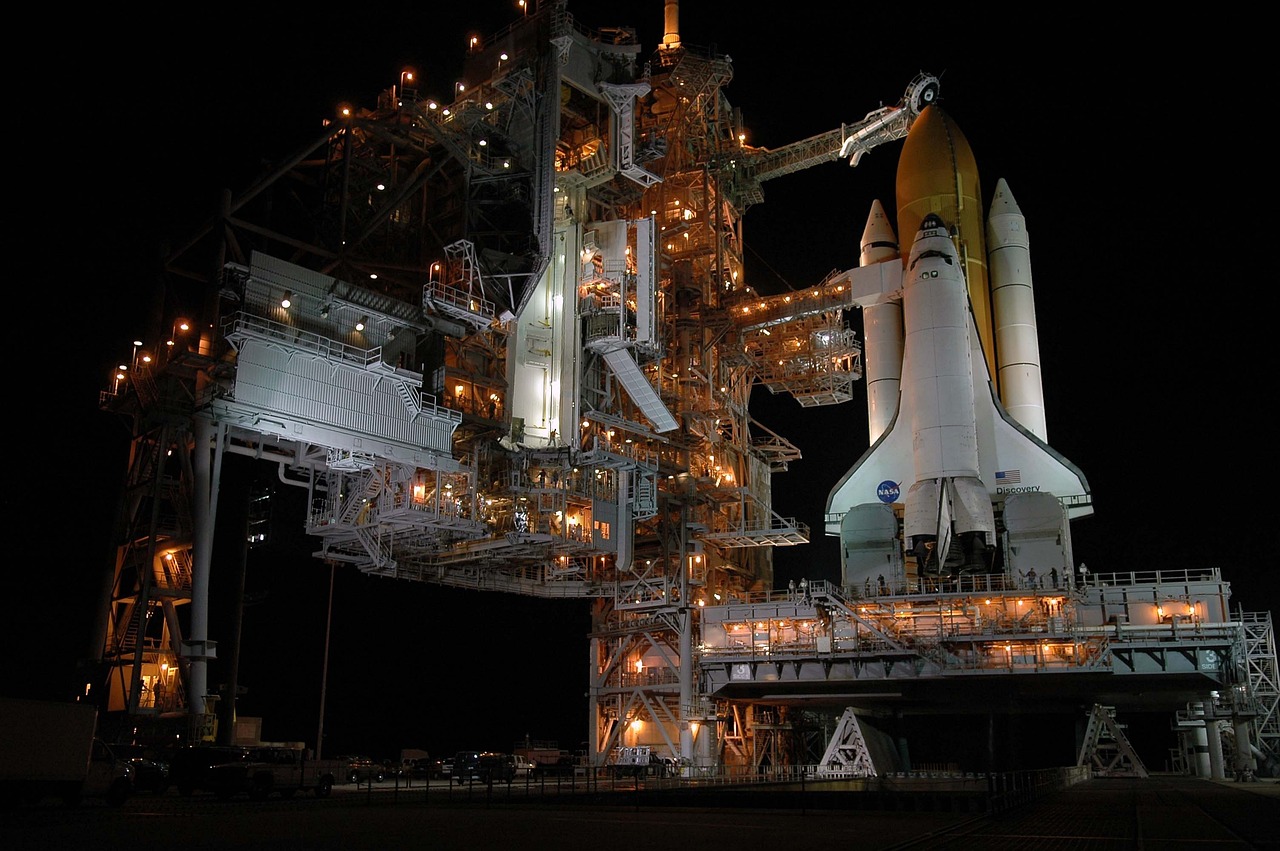As the countdown reaches its conclusion, the ground shakes beneath us, and the spacecraft launches into the sky, sending flames shooting from the rocket. The Gobi Desert is illuminated as a thunderous roar fills the air. The BBC had exclusive access to the Jiuquan Satellite Launch Center in Gansu, positioned just over a kilometer away from where the Shenzhou 19 spacecraft took off early Wednesday morning.
This mission comprises three taikonauts, China’s term for astronauts, who are set to spend six months aboard the nation’s space station, Tiangong, also known as “Heavenly Palace.” During their time in space, they will conduct various experiments and perform spacewalks as China gathers knowledge and experience for its ambitious goal of landing a person on the Moon by 2030.
Just two years ago, President Xi Jinping expressed that exploring space and developing China’s space industry is an enduring aspiration. However, some officials in Washington view this rapid advancement as a potential threat. Earlier this year, NASA Administrator Bill Nelson remarked that the U.S. and China are essentially in a race to return to the Moon, suggesting Beijing may seek to claim territory there.
In Dongfeng Space City—a town designed to support the launch site—China’s space endeavors are celebrated. National flags adorn streetlights, while parks feature cartoon astronaut figures and traffic roundabouts display plastic rockets. As midnight approached, hundreds gathered to cheer for their taikonauts with flags and lights during their final moments on Earth before launch.
Cai Xuzhe, a seasoned pilot on this mission, expressed his confidence while accompanied by younger taikonauts born in 1990, including Wang Haoze, China’s first female space engineer. Their enthusiasm has invigorated him. He assured the media that they would remain dedicated to their mission and strive for excellence in China’s crewed space program.
Song Lingdong shared his childhood excitement about early Chinese space missions that inspired him to become a pilot. The crew embodies national pride, with state media highlighting them as the youngest team yet. This reflects China’s investment in future generations of space explorers.
China has ambitious plans for its space program, including lunar missions and crewed operations aboard its space station. Recent achievements include retrieving samples from the far side of the Moon and successfully landing on Mars with its Zhurong rover.
However, concerns about potential military applications of this technology persist among U.S. officials. The head of U.S. Space Command pointed out China’s rapid expansion of intelligence satellites since 2018.
In response to these apprehensions, Chinese officials emphasized their commitment to peaceful exploration and international cooperation in space endeavors. They view their efforts not as competition but as contributions to humanity’s collective mission in outer space.
As both nations pursue lunar resources—ranging from minerals to helium—the stakes grow higher. Experts at China’s launch center highlighted how research conducted in microgravity could lead to advancements in medical treatments on Earth.
Despite acknowledging challenges ahead for lunar landings, Chinese officials remain determined and confident about achieving their goals while maintaining national pride amidst growing tensions with other countries regarding territorial claims beyond Earth.


